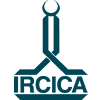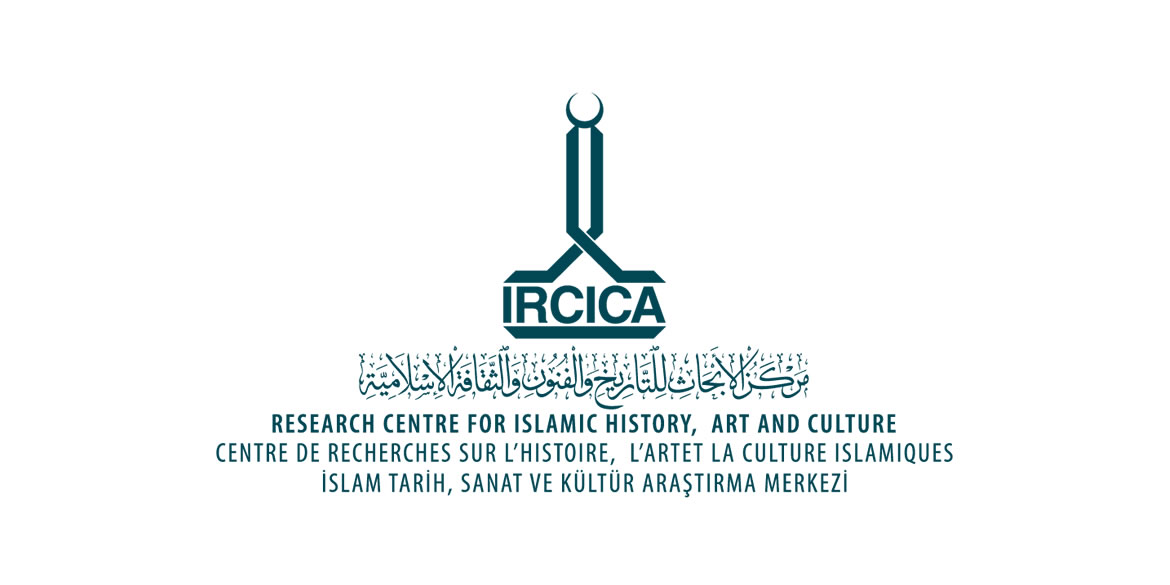IRCICA undertook activities relating to research, publishing, training and information on a wide range of subjects concerning the Islamic civilization and Muslim cultures. Its subjects of interest include the history of Muslim peoples, the history of science, archaeology, architecture, fine arts and traditional handicrafts, preservation of cultural and architectural heritage, and cultural development issues. The Centre tries to encourage exchanges and cooperation between cultural institutions, universities, scholars, researchers and art circles of the Muslim world and beyond, for the purpose of promoting scholarly and artistic endeavours. It initiates and conducts collaborative studies to project a correct image of Islam and Muslim cultures in world opinion, strenghten affinities between countries within and outside the OIC by way of cultural exchanges, and thus contribute in building harmonious relations among Muslim peoples and with other communities.
The main functions of IRCICA stipulated in its Statute are the following:
- To act as a focal point and meeting place for scholars, researchers, artists, institutions, organizations, and other parties within and outside the Member States which deal with studies and research on various aspects of Islamic civilization
- To create objective conditions for cooperation among the parties concerned world-wide with an aim to eliminate prejudices against Islam and its civilization, project their correct image, inform the world opinion on their role and place in world civilization, and promote a better understanding and a dialogue between Muslims and other peoples of the world
- To undertake research, publish books, bibliographies, catalogues, albums and other reference works related to the history of Muslim nations, the history of arts and sciences in Islam, cultural heritage, and all other aspects of Islamic culture and civilization to reinforce awareness of these subjects in world public opinion
- To organize conferences, symposia, exhibitions and other cultural functions on its premises, in the Member States and at other venues to disseminate the results of its activities, encourage studies and stimulate international cooperation in the fields of Islamic culture and civilization
- To pay special attention to the cultural needs of Muslim nations and communities living in non-Member States and help to strengthen cultural solidarity between the Member States and the Muslim nations and communities
- To assess and study the sources and the products of cultural, scientific, artistic etc. life throughout the history of Islam with an aim to foster scholarly studies and create public awareness on the achievements of Islamic civilization
- To undertake studies regarding all aspects of the heritage of Islamic civilization, with an aim to reinforce the concept of Islamic cultural heritage and to register, preserve and highlight the assets of this heritage, including fixed assets related to archaeology, cities and architectural monuments and movable – tangible and intangible – assets such as manuscript works, library and archive items, audio-visual objects and materials, traditional arts and crafts and other products and forms of expression of Islamic culture
- To establish programs for the identification and recording, by means of data banks and other archival, documentary and other means, of the assets and materials related to Islamic cultural heritage, for their assessment, restoration and preservation whether at home or abroad, and recovery and retrieval of those that are lost or scattered
- To maintain directories, rosters, registers and pools of expertise related to resource persons, specialists, technical experts and institutions, competent in activities of research, training, information, restoration and conservation in various fields of Islamic cultural heritage
- To set up, develop and operate a reference library and archives and documentation facilities to serve the needs of the Member States, researchers, students and other parties interested in the study of Islamic civilization
- To organize training programs to upgrade skills and techniques in various fields of Islamic arts and train the specialized manpower required for the restoration, preservation and use of historical documents and other assets of Islamic heritage
- To foster studies in the fields of Islamic culture and civilization, organize and participate in the organization of graduate studies in these fields, in cooperation with universities and other institutions of higher learning
- To take measures and establish incentive programs such as awards and competitions aimed at acknowledging and stimulating individual and institutional achievements, services and contributions in various fields of Islamic culture, scholarship, arts and heritage
- To establish and promote linkages and cooperation with all relevant international, regional and national organizations throughout the world
- To render advice to the Member States and the Secretary General on all matters connected with Islamic civilization and carry out the studies and projects required by the Council of Foreign Ministers and the Secretary General.
The official working languages of IRCICA are Arabic, English and French. All its books, reports and administrative documents are produced in these three languages. IRCICA occasionally publishes editions of books in other languages of its Member States. Some of its publications are translated into languages other than those of its Member States.





